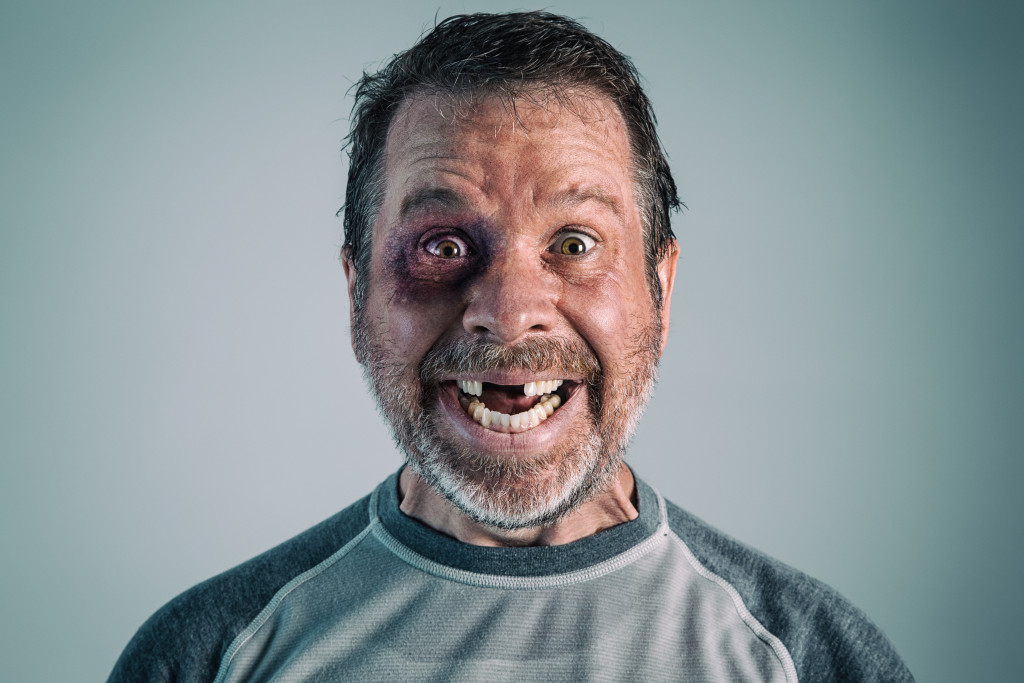For centuries, boxing has been a popular sport around the world. It is a great way to stay active and fit but it can also be dangerous. While most boxers have the proper training and protective gear to avoid injury, accidents can still happen. So what types of injuries can occur with boxing, and what treatments are available?
Broken Teeth
When you are in a high-impact sport like boxing, it’s not uncommon to end up with a broken tooth. The simplest way to prevent broken teeth is to wear a mouthguard during all boxing activities. Many people assume that mouthguards will only protect them from cuts on the inside of their mouths, but they also help absorb shock and cushion any blows that occur around the mouth or jaw area.
Mouthguards should also fit snugly against your gums, so they don’t interfere with your breathing or movement. Consider investing in a custom-made mouthguard from a dentist or sports equipment store for extra protection.
In addition, it’s essential to practice good technique when boxing so that you don’t accidentally hit yourself in the face. Also, make sure your opponent’s technique is correct before sparring with them. Finally, warm up properly before any activity involving contact; this will help limber up your muscles and reduce the chance of accidentally injuring yourself or someone else.
Depending on the severity of the injury, your dentist may need to perform root canal surgery or even replace the tooth entirely with a dental implant or bridge. In some cases, dental bonding may be used as a more cost-effective way to repair minor chips and fractures in teeth without needing major dental work done.
Black Eyes
As the name implies, this type of injury results in swelling and discoloration of tissue around the eye due to bruising from an impact or trauma. The severity of the injury depends on the force of the impact and where it hits on your face, but it can range from mild discoloration to severe swelling and even broken blood vessels in extreme cases.
The best way to prevent black eyes is by wearing protective gear during boxing matches or sparring sessions, such as headgear with face protection. This helps protect your face from impacts that could cause bruising or swelling around the eyes.
The first step in treating a black eye is applying an ice pack immediately after the injury. This helps reduce swelling, pain, and inflammation by reducing blood flow to the area. You should continue applying cold compresses for 15 minutes every hour for 24 hours after sustaining the injury for optimal results. It’s also essential to keep your head elevated since gravity will pull more blood into your face and increase swelling.
In addition to cold compresses, medications like ibuprofen and acetaminophen can help reduce pain and inflammation. If you experience blurred or double vision after sustaining an eye injury, these could be signs of more severe damage like retinal detachment or brain hemorrhage.

Concussions
One of the most common injuries in boxing is a concussion, which occurs when a boxer takes a blow to the head that results in changes to the brain’s function. This is a serious injury, as it can be difficult for boxers (and the people around them) to recognize the signs of a concussion and take the appropriate steps to treat it.
To prevent a concussion, learn how to properly defend yourself against punches thrown by opponents. Make sure you’re keeping your hands up at all times so that if you are hit unexpectedly, your hands will absorb most of the force before it reaches your head. Finally, if you begin feeling dizzy or have any other symptoms that indicate you may have suffered a head injury, you should immediately stop sparring or competing until you have been medically cleared by a doctor.
If you suspect that you or someone else has suffered from a concussion while boxing, it’s essential to act quickly. It’s also important not to underestimate the severity of these injuries – even mild concussions can be serious if left untreated. Treatment typically involves rest and avoiding physical activities until all symptoms have subsided. In some cases, doctors may also recommend physical or cognitive therapy as part of your treatment plan.
While boxing is an enjoyable sport that offers excellent physical benefits, it is essential to remember that it does come with risks. However, these risks can be minimized through proper training and protective gear usage, which will help keep you safe in the ring. If you ever experience any injury while boxing, make sure you seek appropriate medical attention immediately so that it doesn’t become much more severe later on down the line!

